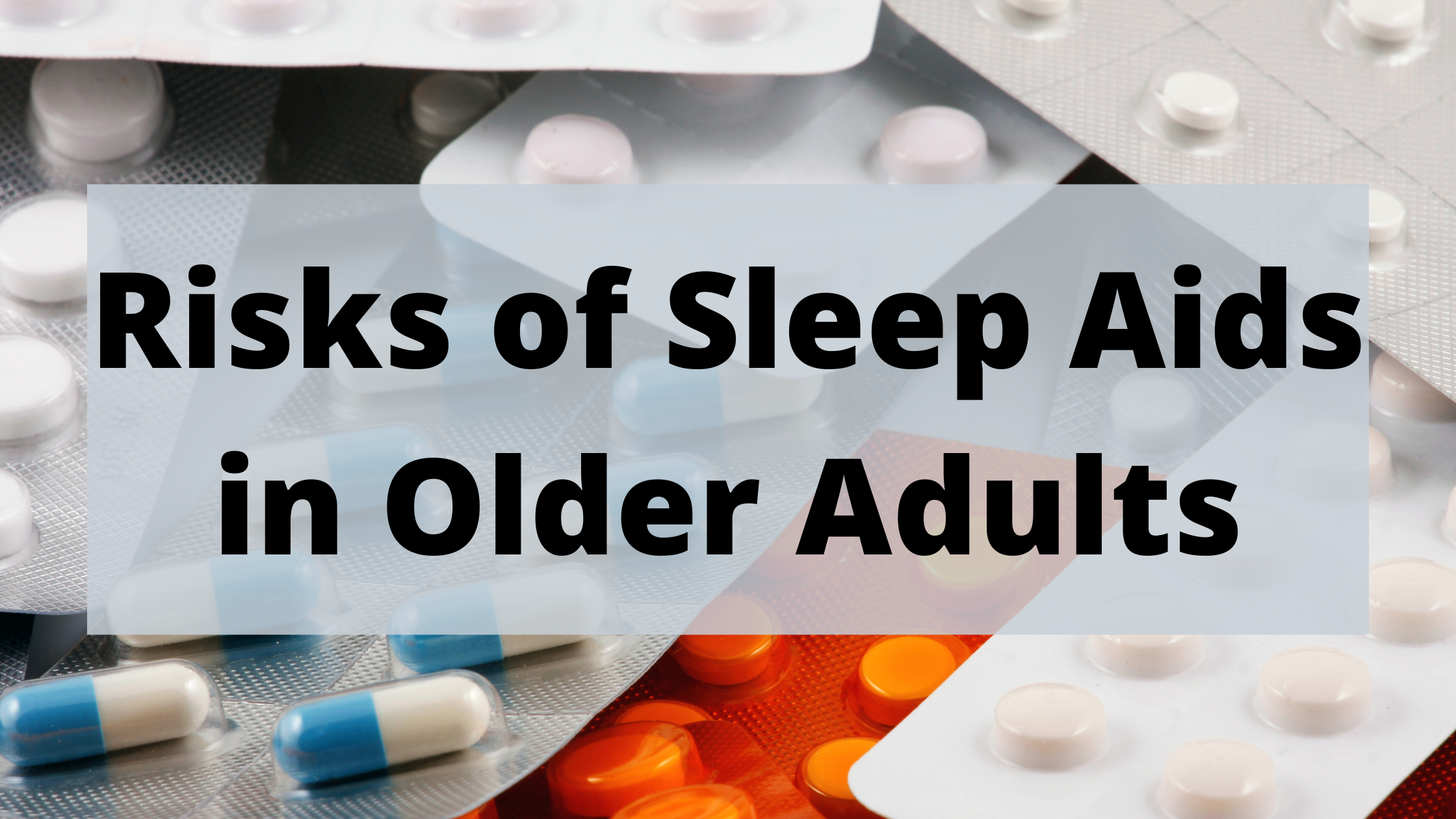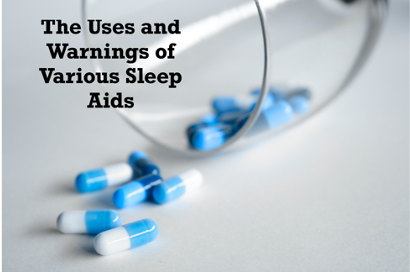If you've ever taken sleep medication and found yourself wide awake the moment you stop, you’re not alone. This frustrating phenomenon is known as rebound insomnia—a temporary but often intense return of sleeplessness that can be worse than the original problem.
In this post, we’ll explore what rebound insomnia is, why it happens, and how to manage it without falling into a cycle of long-term sleep aid dependence.






